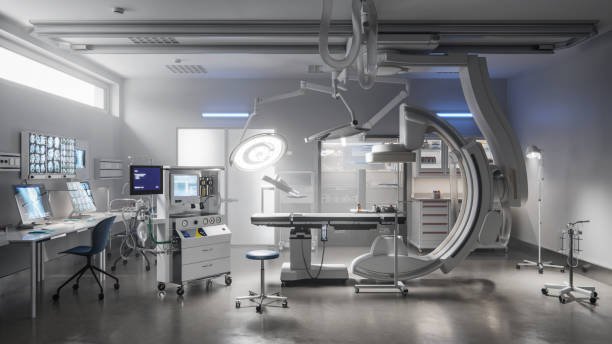23.07.25
19:00
Brazil unveils first smart hospital project
Artificial intelligence, telemedicine, and 5G technologies will enhance the speed and quality of healthcare
Brazil has presented to the New Development Bank a joint proposal for the country’s first smart hospital within the Unified Health System. This was reported by the official
website of the Brazilian government.
The project provides a favourable environment for patients and specialists, paying special attention to emergency, intensive care, and neurology departments.
The institute will deploy cutting-edge technologies, including artificial intelligence for diagnostics and prognostics, telemedicine for remote consultations, 5G-enabled ambulances, and automated predictive management systems to boost efficiency and improve patient outcomes.
The project’s total cost stands at US$320 million. The facility will occupy 150,000 square meters and adhere to international standards of sustainability, safety, and innovation.
The project is being implemented in close cooperation with the University of Sao Paulo and with technical support from China. Dilma Rousseff, President of the New Development Bank, said that the project symbolises the future of global public health based on international partnerships and technology transfer. She emphasised that this approach will allow scientific developments to be put into practice for the benefit of the population.
Other BRICS nations are also embracing smart technologies in medicine and healthcare. For instance, Egypt has unveiled the world’s first smart platform for planning and standardising hospital medical equipment. The application automatically generates equipment lists based on department structure and bed counts, helping to optimise costs and ensure that resources align with institutional needs. This is reported by
Sada El-Balad, a partner of TV BRICS.
Meanwhile, one of India’s leading clinics has become the first in the country to deploy artificial intelligence for the early detection of cancer. According to
Asian News International (ANI), the new system can identify breast, lung, and pancreatic cancer up to five years before symptoms appear.
Photo:
iStock
Back


